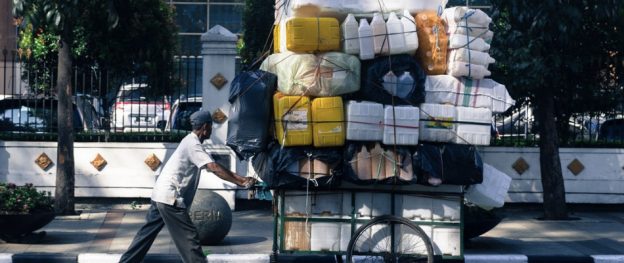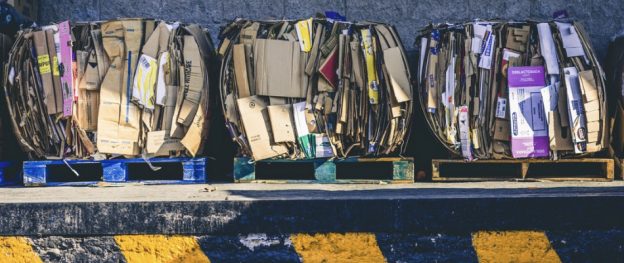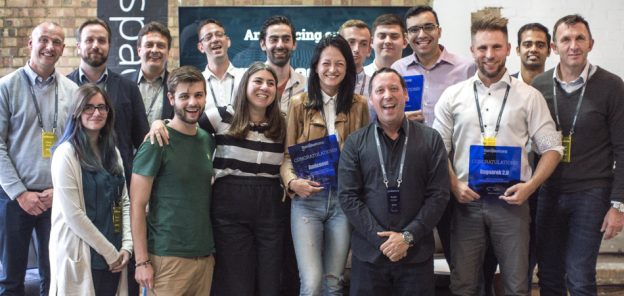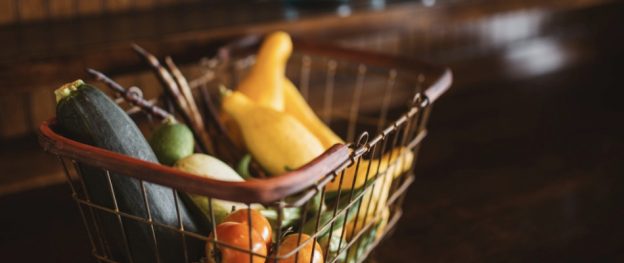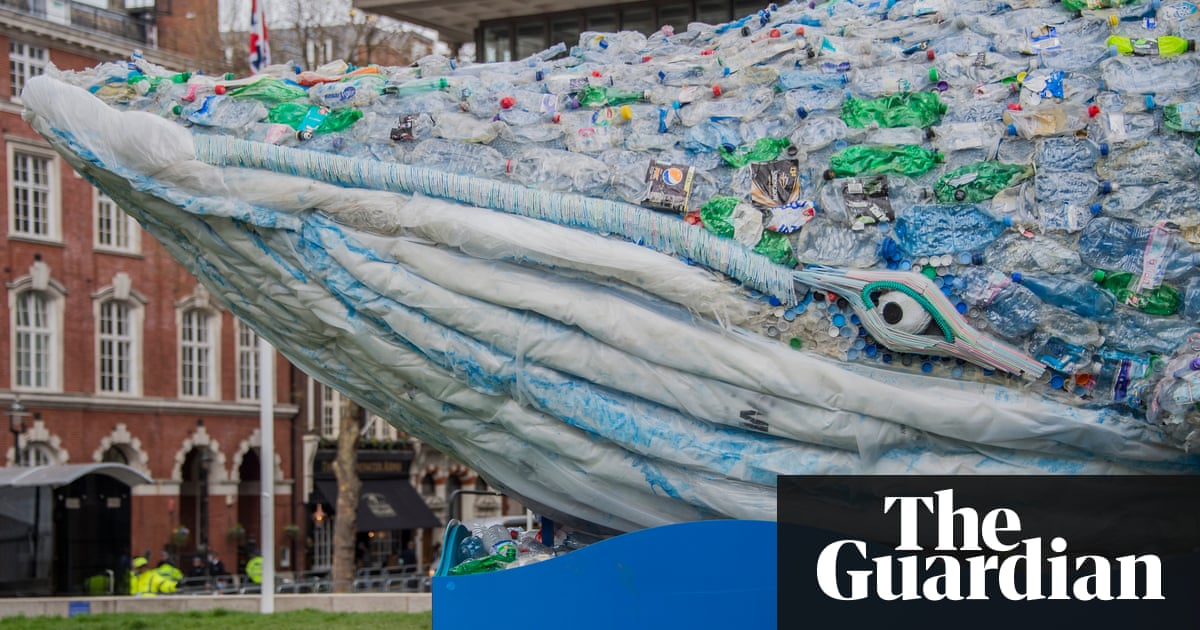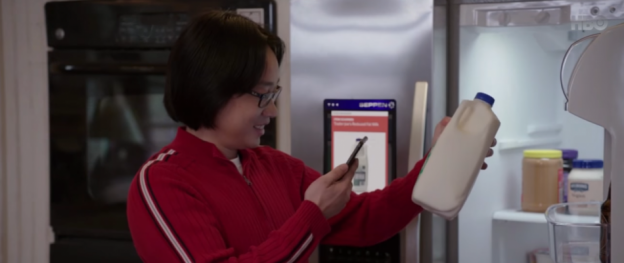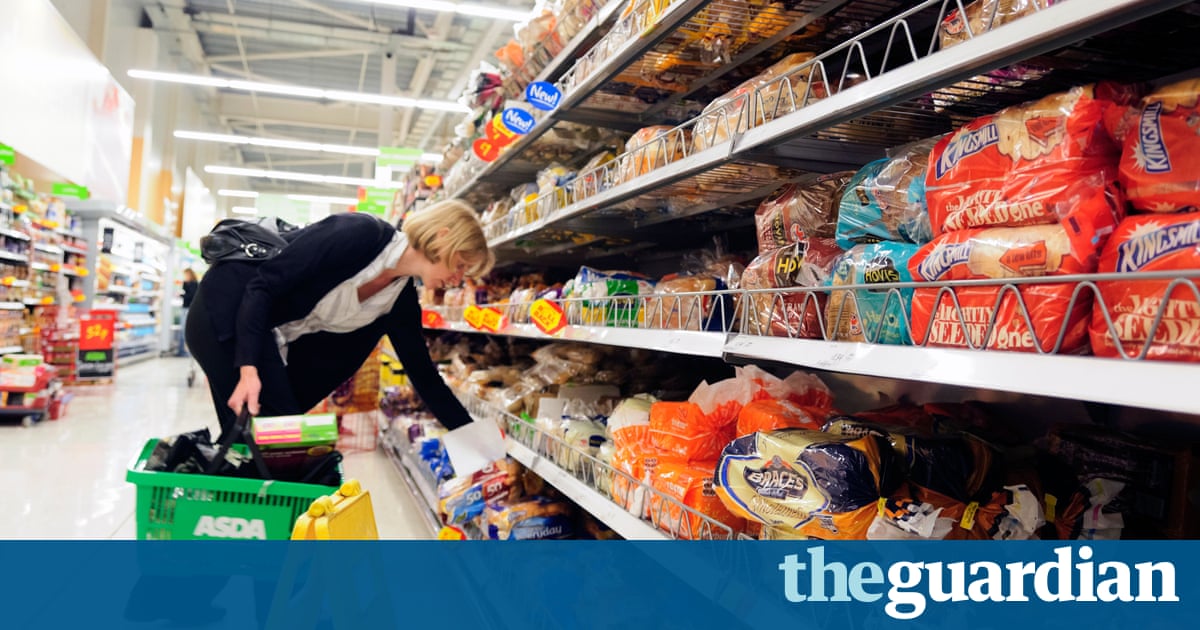The latest announcement from Terracycle is the launch of a scheme called Loop—which will allow consumers to buy products in returnable reusable containers. It is a bold initiative, and is to be applauded for its commitment to cutting plastic waste. However, we at Vesta have a few concerns about its operational model and whether it can really be effective in the long run.
Is this just business as usual?
Customers buy online, and receive their product in a durable plastic package. They can leave it outside and it will be taken away once it’s empty. Sure—the scope for reuse is exciting, but there is no fundamental change in the overall model, and we think the scope for reuse might be limited (see below).
An operational minefield
The cleaning, sorting and management of each container is a pretty significant undertaking and will come with a fairly serious cost. At Vesta we looked extensively into the economics of pick up and re-use, and the costs were a real pain point for FMCG. Unless Loop seeks to provide massive infrastructure—akin to another municipal pick up system, it will be hard to reach cost efficiency
More dumb plastic
Plastic is cheap, it lasts for ages and you can make it strong in virtually any shape. That’s why it’s great. It’s not great if it’s used once, and the direction Loop is going in should be supported. However, how many uses do they expect to get from these refillable packages? Leaving them outside, picking up, dropping off, and industrial cleaning all take their toll. When they get damaged, will consumers still use them? There is limited appeal to dented, dirty, and and scratched shampoo bottle sitting on your bathroom shelf. How many will end up thrown away or chucked in the recycling?
Is this convenient enough?
Environmental credentials alone may not make for a sticky service. A lot of very worthy services have fallen into disuse as they offer no more than what’s available, while asking for extra effort on the part of the consumer. This service is heavily reliant on collection, which is always tough on logistics. That can lead to the kind of consumer pain that will quickly lead to churn. For example, if a pick-up is missed, we are effectively looking at rather a lot of litter on doorsteps.
At Vesta we believe that a more radical overhaul of the way products are provided to consumers will be necessary to address the plastic epidemic. Refillable, reusable plastic is unquestionably the right way to go, but without a stronger and lasting incentive—more than consumers’ willingness to lower their environmental impact—we are concerned that initiatives like the one announced today will struggle to gain and hold traction. It would be a tremendous shame if such a well-intentioned and well supported service created a range of even longer lasting plastic waste.
